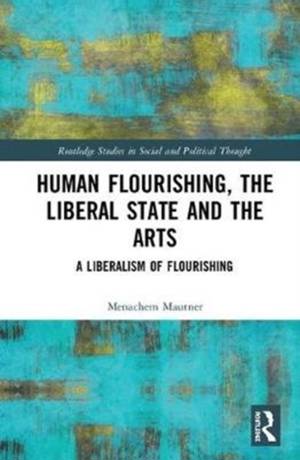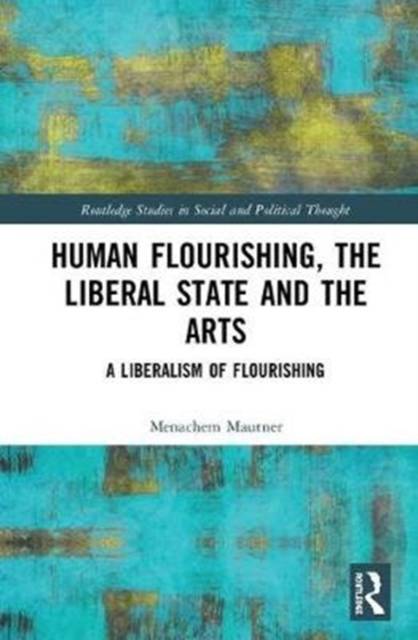
- Retrait gratuit dans votre magasin Club
- 7.000.000 titres dans notre catalogue
- Payer en toute sécurité
- Toujours un magasin près de chez vous
- Retrait gratuit dans votre magasin Club
- 7.000.0000 titres dans notre catalogue
- Payer en toute sécurité
- Toujours un magasin près de chez vous
Description
This book claims that in addition to autonomy, liberal tradition recognizes human flourishing as an ideal of the good life. There are two versions of the liberalism of flourishing: for one the good life consists in the ability of an individual to develop her intellectual and moral capabilities, and for the other the good life is one in which an individual succeeds in materializing her varied human capabilities. Both versions expect the state to create the background conditions for flourishing.
Combining the history of ideas with analytical political philosophy, Menachem Mautner finds the roots of the liberalism of flourishing in the works of great philosophers, and argues that for individuals to reach flourishing they need to engage with art. Art provides us with wisdom, insight, critical social and political thinking, and moral education. Thus, a state which practices the liberalism of flourishing must play an active role in funding the creation and dissemination of art. Consequently, the liberalism of flourishing is better equipped than autonomy liberalism to compete with religion in the domains of meaning and over the shape of the regime, the political culture and the law in countries in which liberalism is contested.
Political theorists and lawyers will enjoy engaging with this version of liberalism, as will students of social democracy and art policy.
Spécifications
Parties prenantes
- Auteur(s) :
- Editeur:
Contenu
- Nombre de pages :
- 198
- Langue:
- Anglais
- Collection :
Caractéristiques
- EAN:
- 9780815396208
- Date de parution :
- 21-03-18
- Format:
- Livre relié
- Format numérique:
- Genaaid
- Dimensions :
- 156 mm x 234 mm
- Poids :
- 467 g

Les avis
Nous publions uniquement les avis qui respectent les conditions requises. Consultez nos conditions pour les avis.






